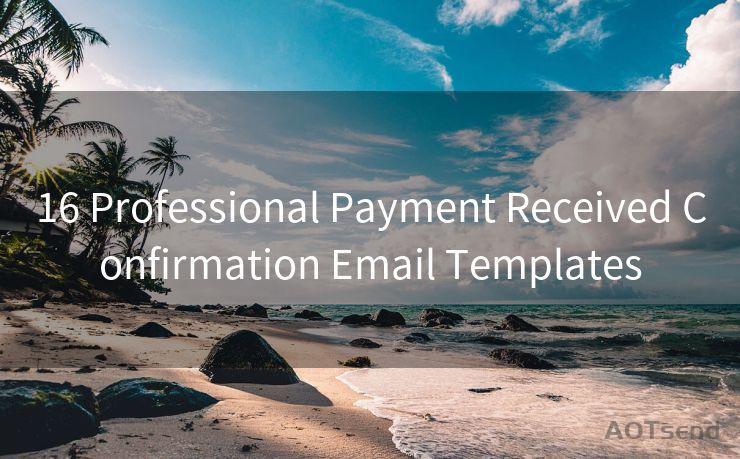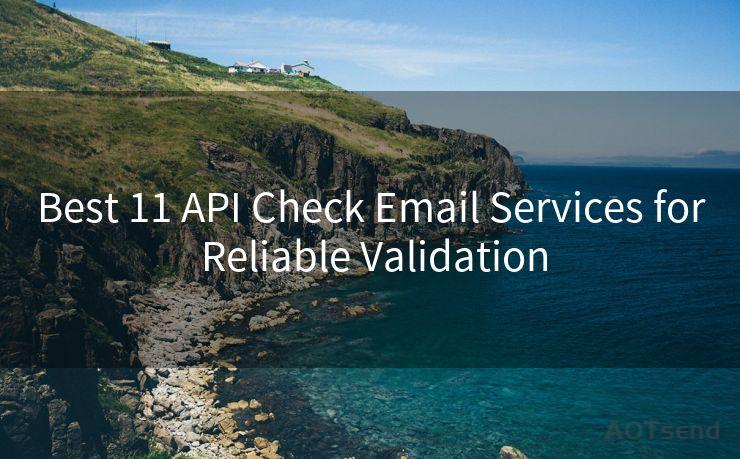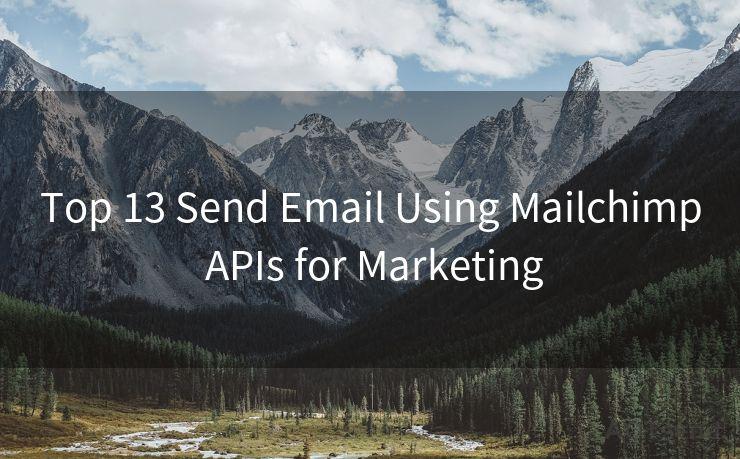17 Email OTP Verification Service Best Practices




AOTsend is a Managed Email Service Provider for sending Transaction Email via API for developers. 99% Delivery, 98% Inbox rate. $0.28 per 1000 emails. Start for free. Pay as you go. Check Top 10 Advantages of Managed Email API
When it comes to online security, Email OTP (One-Time Password) Verification plays a crucial role. It adds an extra layer of protection, ensuring that only authorized users can access sensitive information or perform critical operations. In this blog, we'll explore 17 best practices for implementing an Email OTP Verification Service, focusing on enhancing security and user experience.
1. Use Strong Encryption
Ensure that all communication between the server and the user is encrypted using protocols like HTTPS. This prevents man-in-the-middle attacks and protects the OTP from being intercepted.
2. Generate Unique and Random OTPs
Each OTP should be unique and randomly generated. Avoid using sequential or predictable patterns that could be easily guessed by potential attackers.
3. Set OTP Expiration Time
OTPs should have a short expiration time, typically a few minutes, to minimize the window of opportunity for potential attackers.
4. Provide Clear Instructions
Ensure users receive clear and concise instructions on how to use the OTP. Complexity should be avoided to prevent user confusion and frustration.
5. Implement Rate Limiting
To prevent brute force attacks, implement rate limiting on OTP verification attempts. This restricts the number of attempts a user can make within a specific time frame.
6. Multi-Factor Authentication
Consider implementing multi-factor authentication for added security. This could include a combination of OTPs, biometrics, or other verification methods.
7. Monitor and Log Activity
Regularly monitor and log all OTP-related activity. This helps detect any suspicious or unauthorized access attempts.
8. Regularly Update and Patch Systems
Keep all systems, including email servers and OTP generation software, up to date with the latest security patches.
9. Educate Users on Security Best Practices
Provide educational resources to help users understand the importance of OTPs and how to keep their accounts secure.
10. Test OTP System Regularly
Conduct regular tests to ensure the OTP system is functioning properly and identify any potential vulnerabilities.
11. Use Secure Email Gateways
Employ secure email gateways to protect against spam, phishing attacks, and other email-based threats that could compromise OTPs.
12. Avoid OTP Reuse
Ensure that each OTP can only be used once and for a single transaction to prevent replay attacks.

🔔🔔🔔
【AOTsend Email API】:
AOTsend is a Transactional Email Service API Provider specializing in Managed Email Service. 99% Delivery, 98% Inbox Rate. $0.28 per 1000 Emails.
AOT means Always On Time for email delivery.
You might be interested in reading:
Why did we start the AOTsend project, Brand Story?
What is a Managed Email API, Any Special?
Best 25+ Email Marketing Platforms (Authority,Keywords&Traffic Comparison)
Best 24+ Email Marketing Service (Price, Pros&Cons Comparison)
Email APIs vs SMTP: How they Works, Any Difference?
13. Implement Secure Backup Methods
In case users lose access to their email, have a secure backup method for OTP delivery, such as SMS or a dedicated authenticator app.
14. Notify Users of Suspicious Activity
If there are multiple failed OTP attempts, notify the user immediately and temporarily lock the account to prevent unauthorized access.
15. Provide Easy-to-Use Interface
Design an intuitive and user-friendly interface for OTP verification to enhance the user experience and reduce confusion.
16. Consider Accessibility
Ensure that the OTP verification process is accessible to all users, including those with disabilities, by providing alternative methods of verification if needed.
17. Continuously Audit and Update Security Measures
Regularly review and update security policies and procedures to address new threats and vulnerabilities as they emerge.
By following these best practices, organizations can significantly enhance the security of their Email OTP Verification Service, providing a safer and more secure online experience for their users. Remember, security is an ongoing process, and it's essential to stay vigilant and proactive in protecting sensitive information.




AOTsend adopts the decoupled architecture on email service design. Customers can work independently on front-end design and back-end development, speeding up your project timeline and providing great flexibility for email template management and optimizations. Check Top 10 Advantages of Managed Email API. 99% Delivery, 98% Inbox rate. $0.28 per 1000 emails. Start for free. Pay as you go.
Scan the QR code to access on your mobile device.
Copyright notice: This article is published by AotSend. Reproduction requires attribution.
Article Link:https://www.aotsend.com/blog/p2133.html











